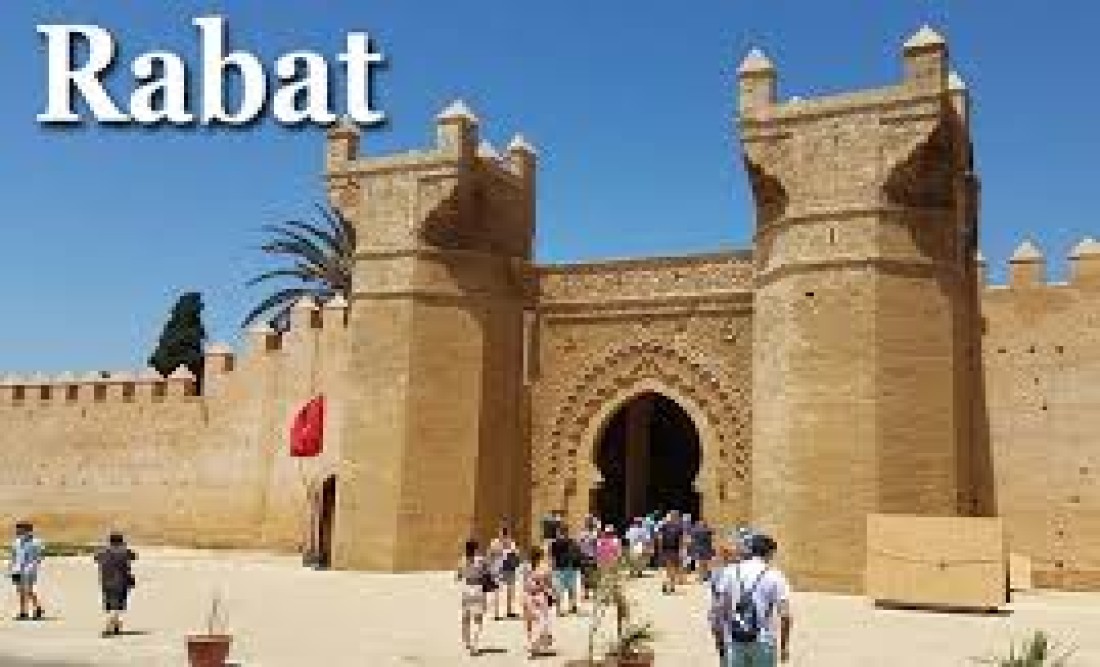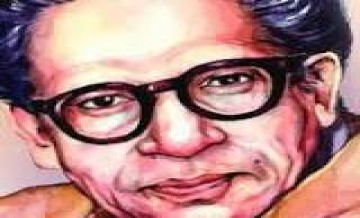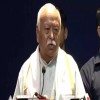Rabat: Where Books Illuminate Minds and Shape Futures

Delhi 10 October (VNI) Rabat, the heart of Morocco, has long been a city that radiates history, culture, and heritage. Now, it has been graced with another accolade that will only enhance its standing on the world stage. According to media reports, in 2026, Rabat will take its place as UNESCO’s World Book Capital, becoming the fifth African city to receive this honor. The recognition isn’t just about the city’s historic charm or its elegant architecture but about the thriving spirit of its people, their love for literature, and a local book industry that continues to make waves in the African continent.
It’s easy to get lost in the vibrant energy of Rabat, where ancient traditions blend with modern advancements. The streets tell stories, not just of the past, but of the hopes and dreams of a population that values knowledge and intellectual growth. The city’s selection by UNESCO is a reflection of this ongoing commitment to books, reading, and learning. With 54 publishing houses and Africa’s third-largest international book and publishing fair, Rabat has become a cultural hub where the written word plays a vital role in shaping the future.
As 2026 approaches, Rabat prepares to celebrate literature in ways that transcend the ordinary. The year-long celebration will begin on April 23, marking World Book and Copyright Day, and will usher in a series of events designed to elevate reading as a fundamental part of the city’s identity. The focus will be on making literature accessible to all, ensuring that books and knowledge reach even the most marginalized communities. This is not just a celebration for the elite or for the scholars but for the children who have yet to discover the joy of reading, the women striving for empowerment through education, and the youth eager to expand their horizons.
Books have always been more than just ink on paper. They are vessels of thought, emotion, and discovery. In Rabat, this has never been more apparent. The city's growing number of bookstores and libraries are testaments to how deeply the love of reading is ingrained in its fabric. These spaces aren’t just physical locations; they are sanctuaries where ideas come to life and where people of all walks of life can engage with the written word. Whether it's through the wisdom found in historical texts or the creativity in contemporary works, Rabat’s literary landscape is as diverse as its people.
According to media sources UNESCO’s decision to name Rabat as the World Book Capital for 2026 was based on several factors, chief among them the city’s dedication to advancing education and literacy. Rabat has made significant strides in combatting illiteracy, particularly within marginalized groups. For women and young people, the city has developed programs that use literature as a means of empowerment. In neighborhoods where access to education has been limited, books have become beacons of hope, offering new perspectives and opportunities. This clear commitment to progress is what made Rabat stand out in the eyes of the World Book Capital Advisory Committee.
The journey towards literacy and education in Rabat is not just about improving the economy, although that is undoubtedly one of the outcomes. It’s about creating a society where knowledge is shared and valued. The local publishing industry, an essential part of this mission, continues to grow, with its sights set on making literature more available and affordable for everyone. The city’s international book fair, the third-largest in Africa, has already attracted attention from publishers and readers alike, turning Rabat into a key player in the world of publishing.
Audrey Azoulay, the Director-General of UNESCO, described Rabat as a cultural crossroads, a place where literature, knowledge, and the arts come together in all their diversity. She highlighted the important role that the local book industry plays in improving education and enhancing the city’s creative economy. It is this unique combination of culture and commerce that makes Rabat’s designation as World Book Capital so significant. The city’s efforts to foster a reading culture resonate deeply with UNESCO’s mission to promote education and cultural diversity worldwide.
As Rabat gears up for 2026, there is a sense of anticipation and excitement in the air. The year will not just be about showcasing the city’s literary achievements but about building a legacy that will last long after the celebrations have ended. The programs and initiatives that will be launched during this period aim to create lasting social benefits by improving access to books and fostering a love for reading across all age groups. Rabat’s citizens, from the youngest readers to the oldest scholars, will have opportunities to engage with literature in meaningful ways, sparking dialogues and exchanges that will enrich the community.
But more than anything, Rabat’s year as World Book Capital is a celebration of the human spirit. It is a recognition of how books can transcend borders, languages, and cultures, bringing people together in ways that few other things can. Rabat’s story is one of resilience, of progress, and of hope. It’s a city that has embraced its role as a cultural leader and is now ready to share its passion for literature with the world.
As we look ahead to 2026, there is no doubt that Rabat will leave a lasting impact as a World Book Capital. The city’s initiatives to promote literacy, its dedication to education, and its vibrant book industry all contribute to a future where knowledge is within reach for all. And in a world where access to information and ideas is more important than ever, Rabat’s commitment to the written word serves as an inspiring example of what can be achieved when a community comes together in the name of literature.
No comments found. Be a first comment here!









